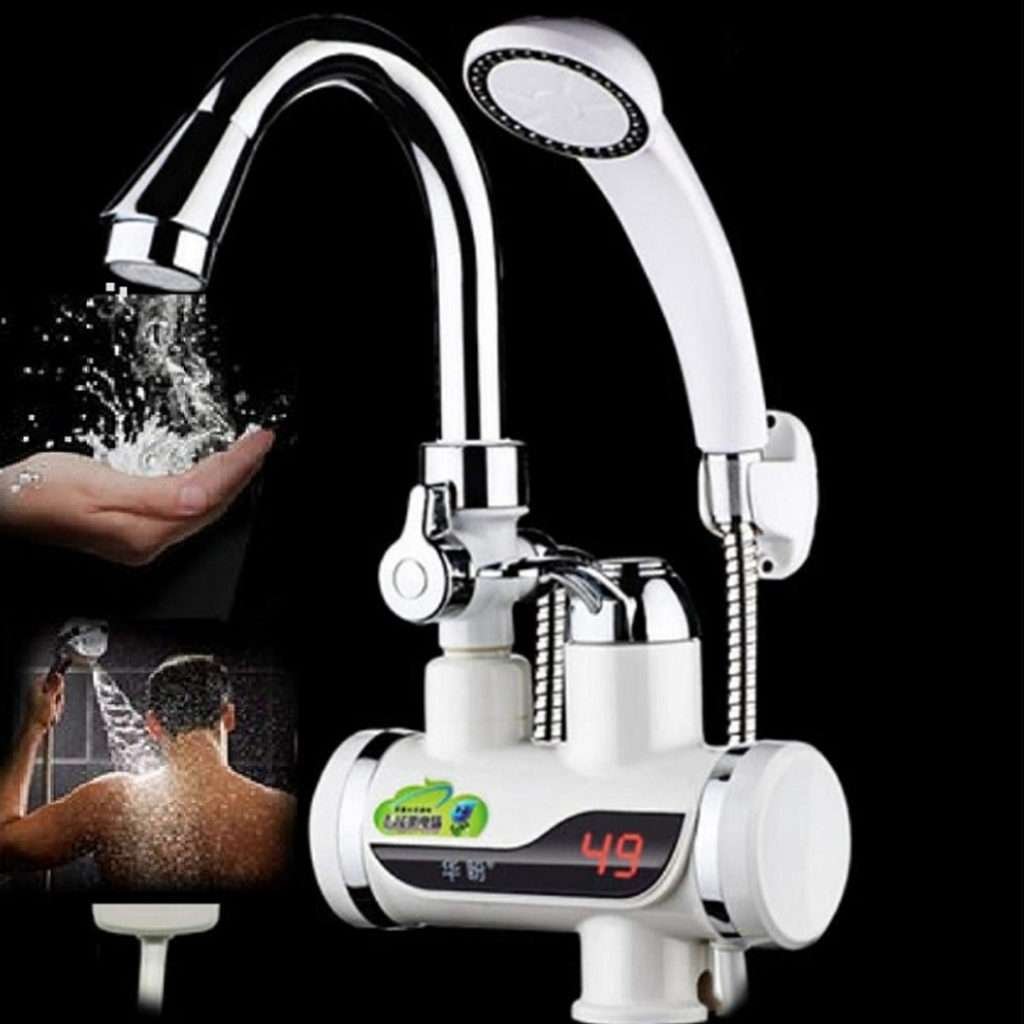Introduction to Water Chillers
Water chillers are specialized cooling systems designed to remove heat from a liquid through a vapor-compression or absorption refrigeration cycle. The chilled liquid is then circulated through heat exchangers to cool equipment, industrial processes, or air conditioning systems. These devices are widely used in commercial, industrial, and institutional facilities, providing precise temperature control and energy efficiency. Their adaptability makes them a preferred choice for industries ranging from manufacturing and plastics to medical and data center cooling.
Types and Configurations
Water chillers come in various configurations, each suited to specific applications. The two primary categories are air-cooled and water-cooled chillers. Air-cooled chillers use ambient air to dissipate heat, making them ideal for smaller installations or locations without cooling towers. Water-cooled chillers, on the other hand, rely on cooling towers and are generally more efficient, suitable for large-scale or high-demand environments. Additionally, there are absorption chillers that utilize heat sources like steam or hot water, offering sustainable options in facilities with waste heat recovery systems.
Key Components and Operation
A water chiller’s efficiency depends on its main components: the evaporator, compressor, condenser, and expansion valve. The evaporator absorbs heat from the process water, transferring it to the refrigerant. The compressor then increases the refrigerant’s pressure and temperature, which is subsequently released through the condenser. The expansion valve reduces the refrigerant’s pressure, allowing the cycle to restart. Modern chillers incorporate digital controls, variable-speed compressors, and eco-friendly refrigerants, making them both efficient and environmentally conscious.
Applications Across Industries
Water chillers play a vital role in numerous industries. In the plastics sector, they cool injection molds to improve production speed and product quality. In the food and beverage industry, chillers ensure temperature consistency during processing and storage. Laboratories and medical facilities depend on them for precise cooling of equipment like MRI machines and laser systems. Even large commercial buildings and data centers rely on chillers to maintain optimal operating conditions, preventing overheating and ensuring uninterrupted performance.
Efficiency, Maintenance, and Sustainability
Efficiency is a critical factor in chiller operation. Regular maintenance, such as cleaning heat exchanger surfaces, checking refrigerant levels, and calibrating controls, significantly enhances performance. Modern Water Chillers are increasingly designed with energy efficiency and sustainability in mind, incorporating features like free cooling, heat recovery, and low-GWP refrigerants. With growing emphasis on environmental responsibility, industries are adopting advanced chiller systems to reduce operational costs and minimize carbon footprints, making them a cornerstone of sustainable cooling solutions.
